Help men struggling
with addiction
with addiction
Your donation will support long-term addiction treatment today!
Donate Success Stories
Hear changed men share their story of escaping the clutches of addiction and finding a spiritual awakening. From sick & suffering to thriving members of their families, workplaces, and communities.
Success Stories
Hear changed men share their story of escaping the clutches of addiction and finding a spiritual awakening. From sick & suffering to thriving members of their families, workplaces, and communities.
Get Help Now
Addiction is overwhelming. You don’t have to face it alone. Get the best team in the world in your corner and re-write your story. Get in touch with us now and The Beacon House’s staff will connect you with the help you need.
Our Mission
The mission of The Beacon House Association of San Pedro is to help men achieve recovery from alcoholism and addiction to other drugs. We provide long-term residential treatment and foster a recovery community grounded in character building and spiritual values. We strive to help men realize their full potential and live productive, purpose-driven lives.
Our long-term approach is designed to give a man the time he needs to build the life he wants. After 50 years of experience, we have demonstrated that a highly structured program with unshakable values and a community-driven experience provides a successful model for addiction recovery.
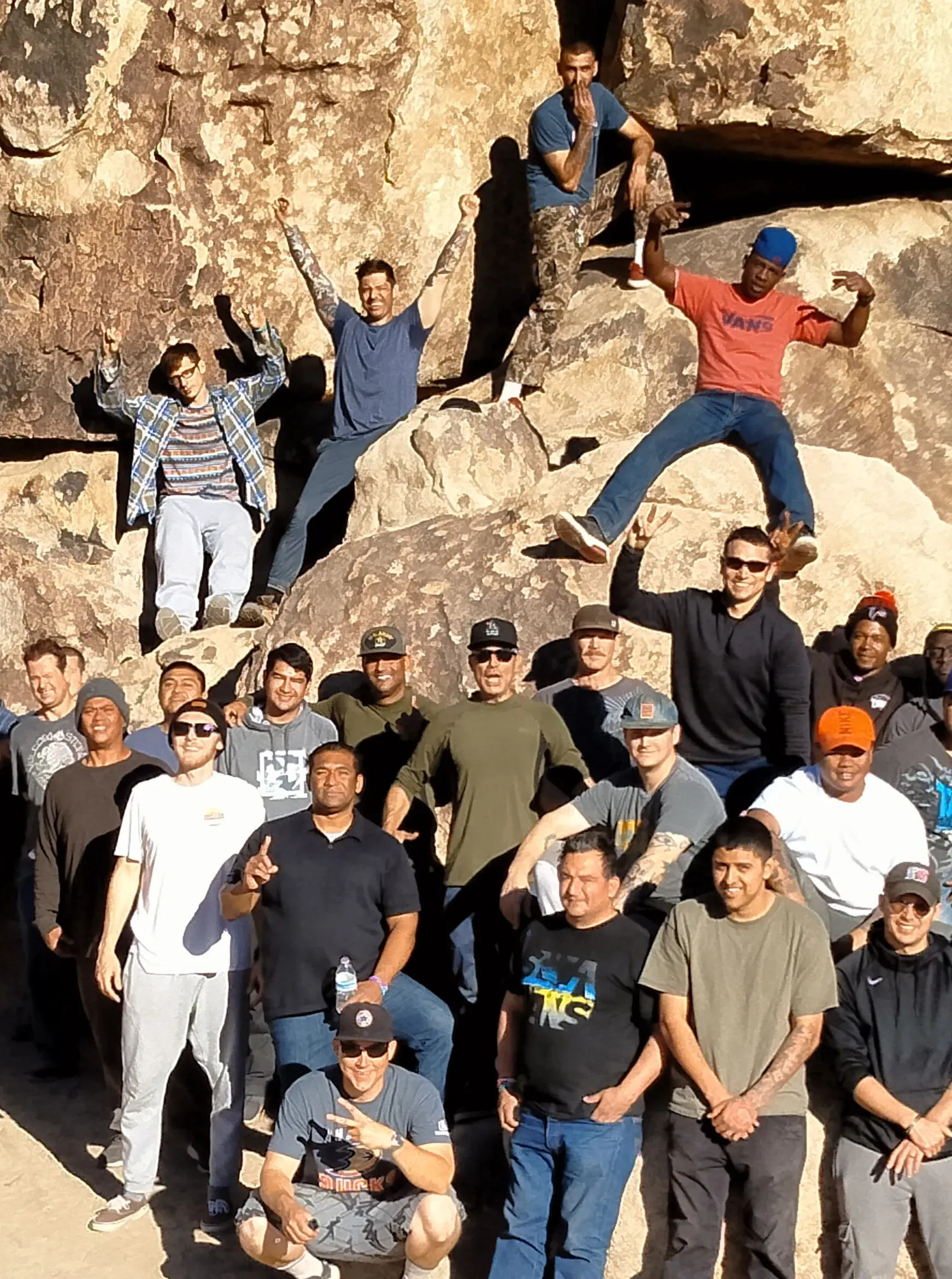
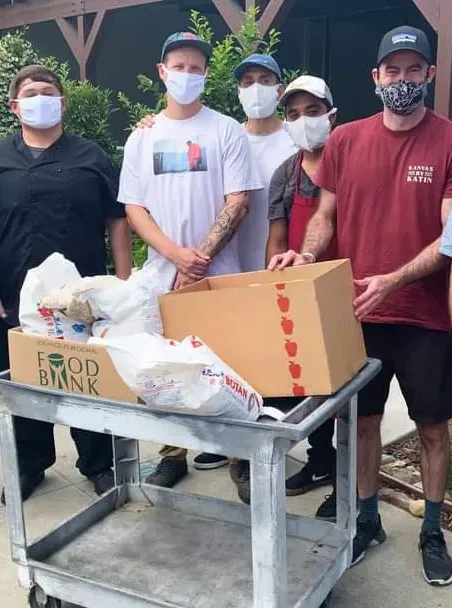
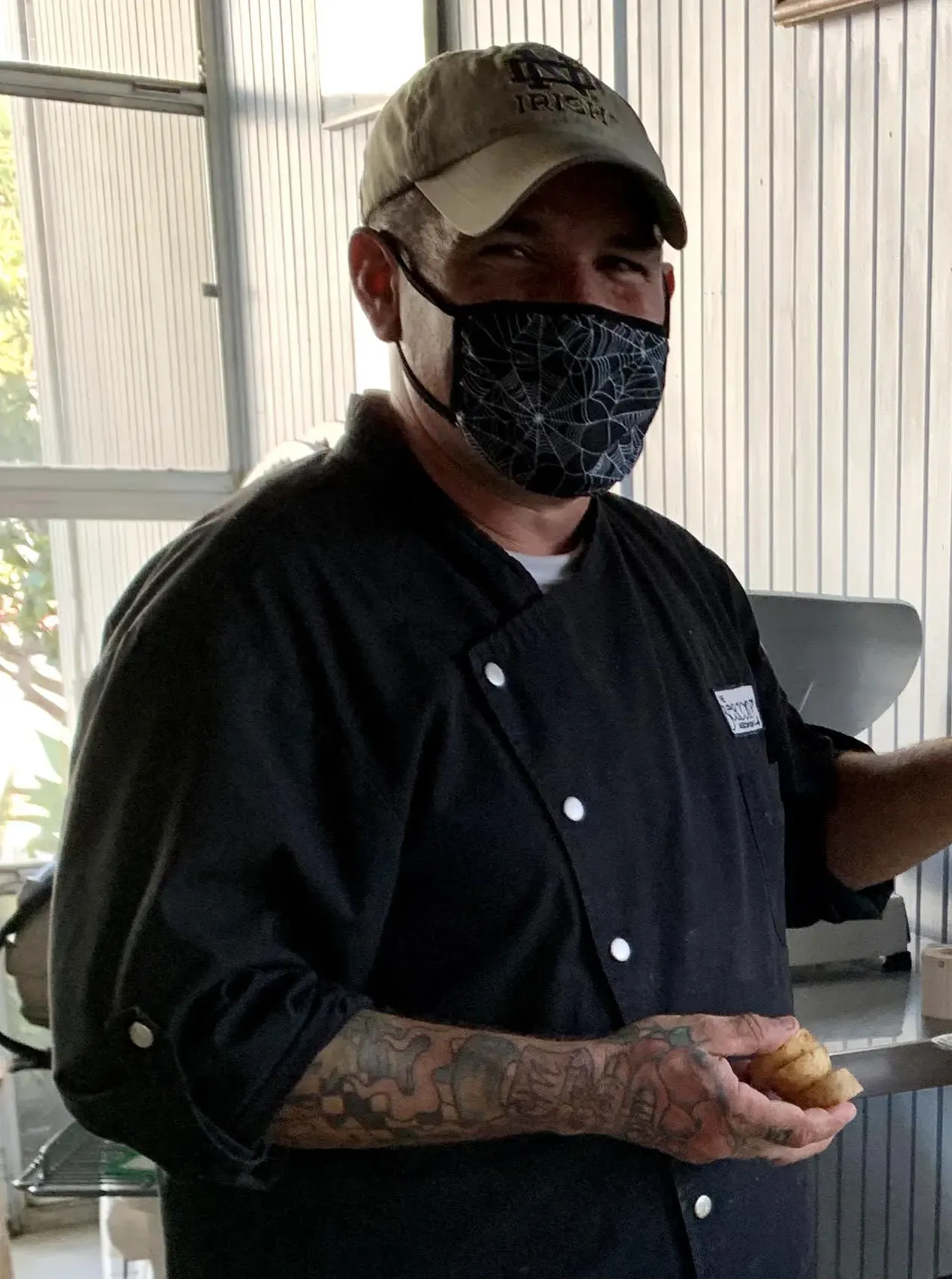
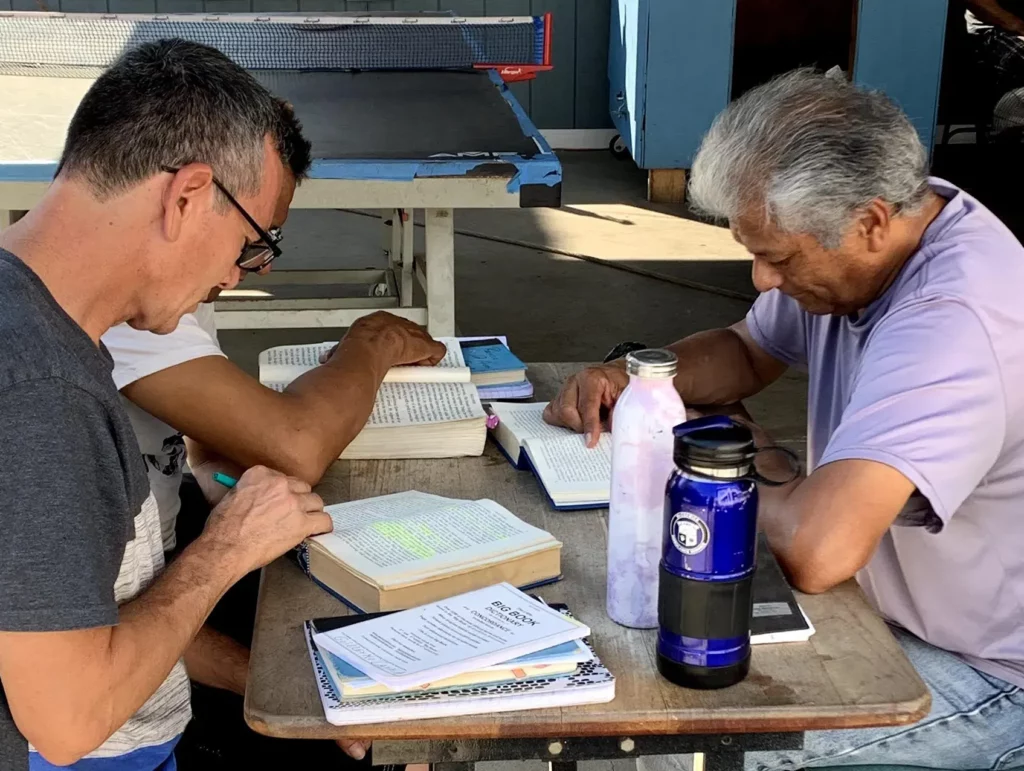
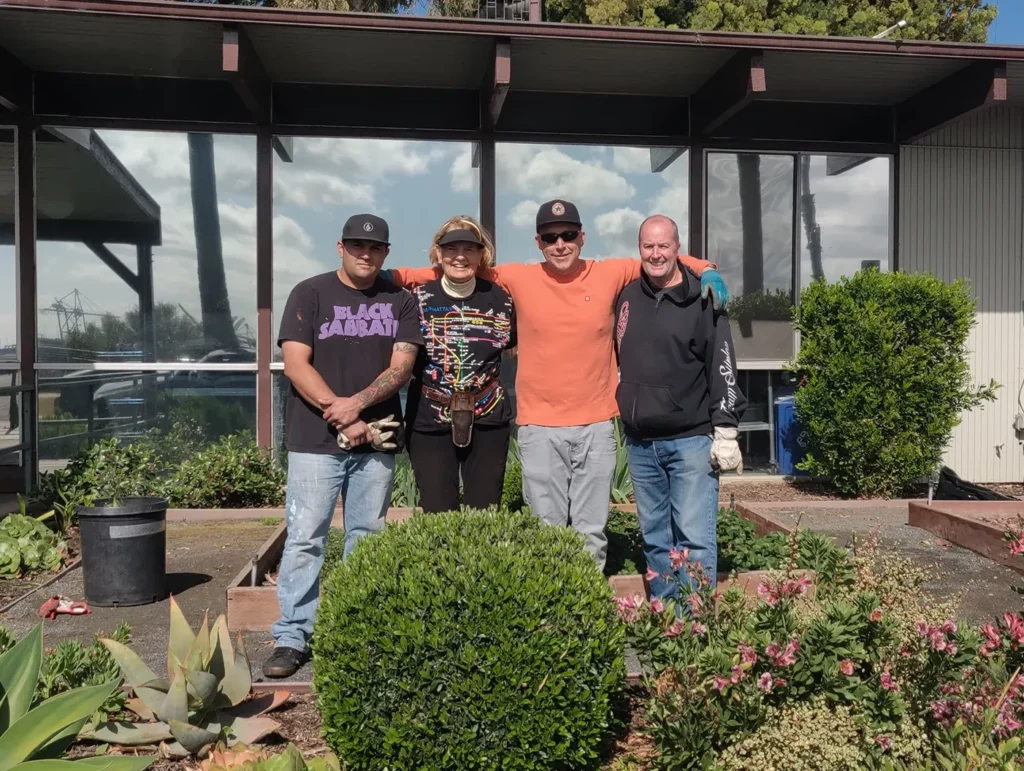
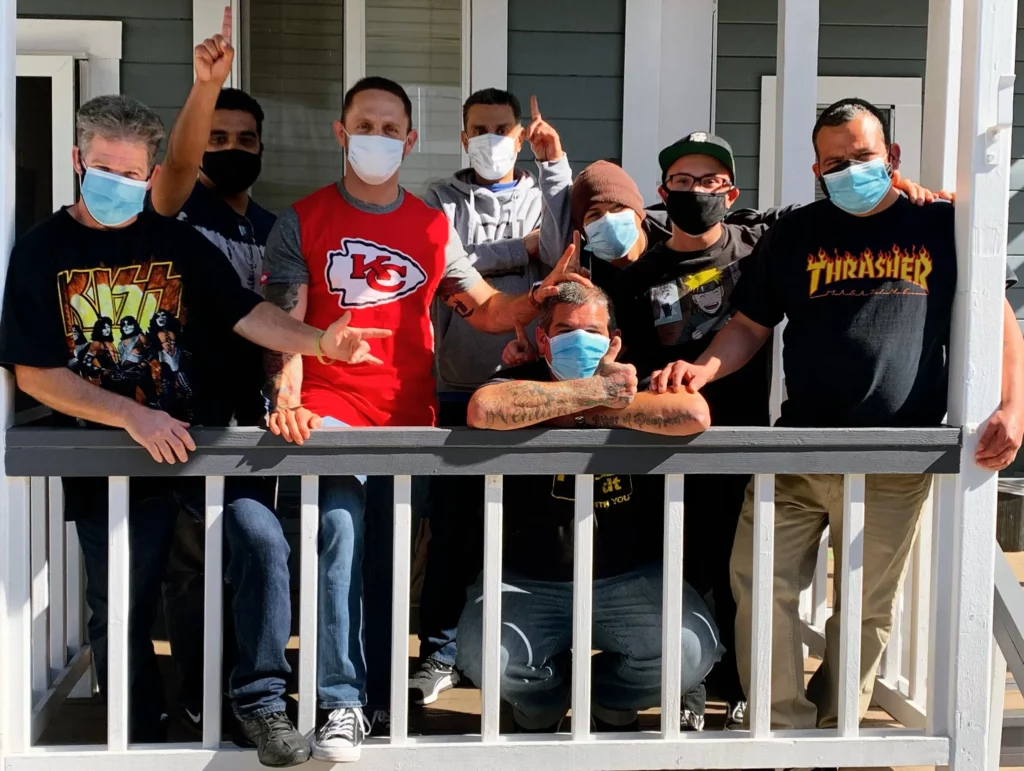
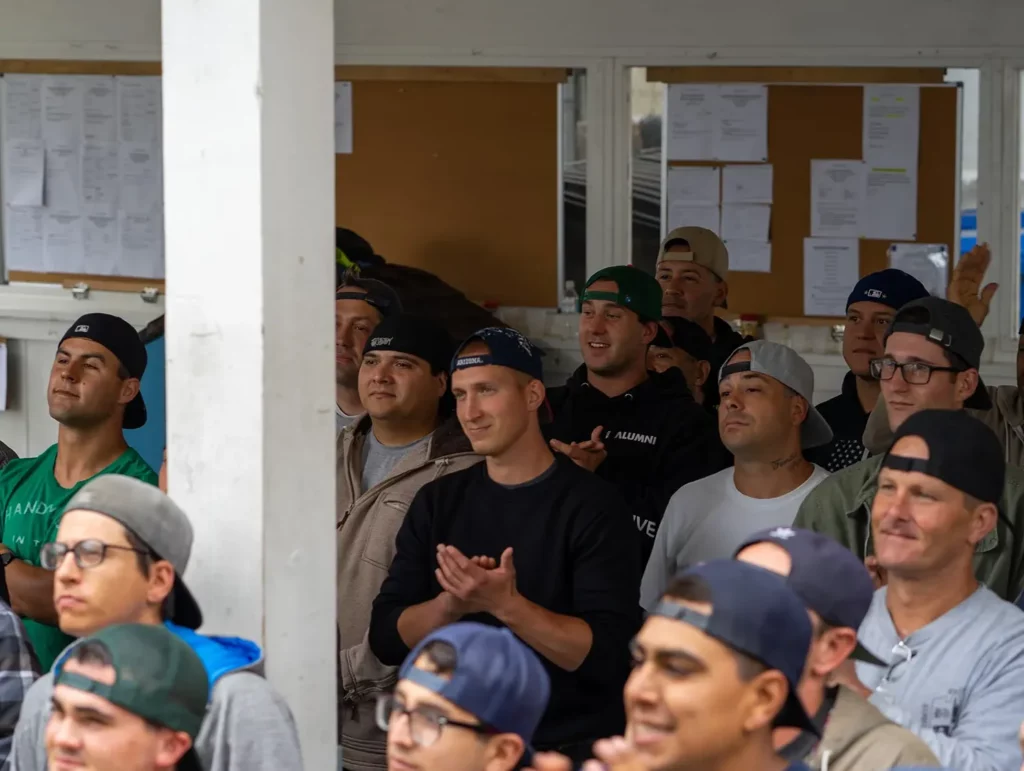
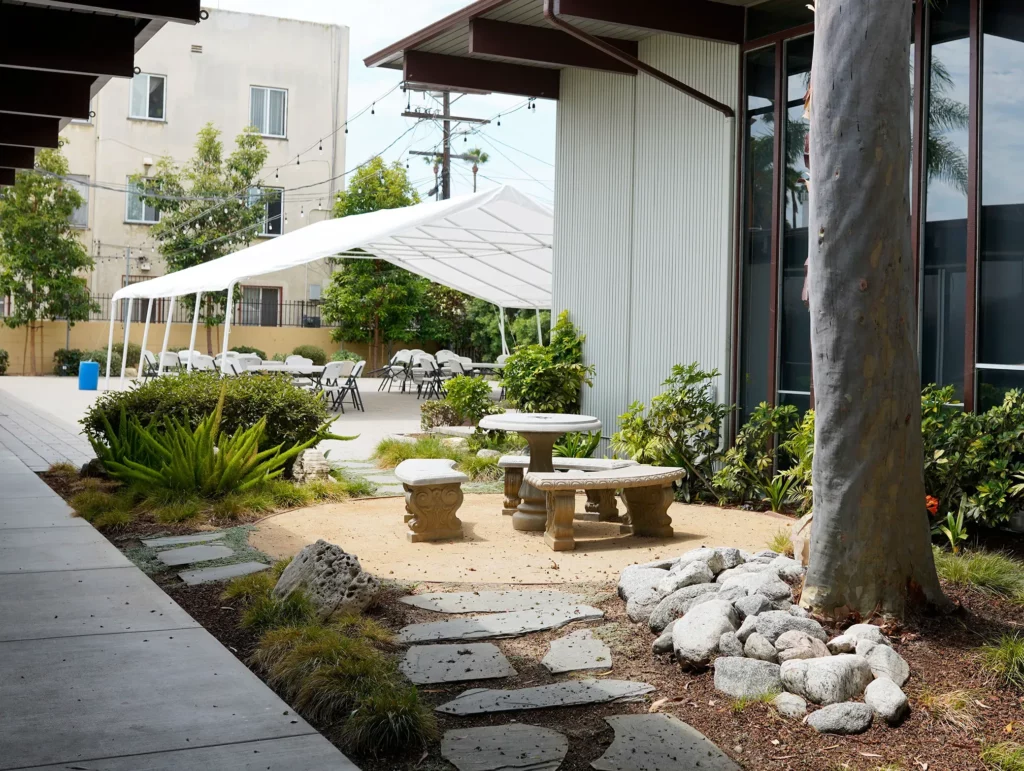
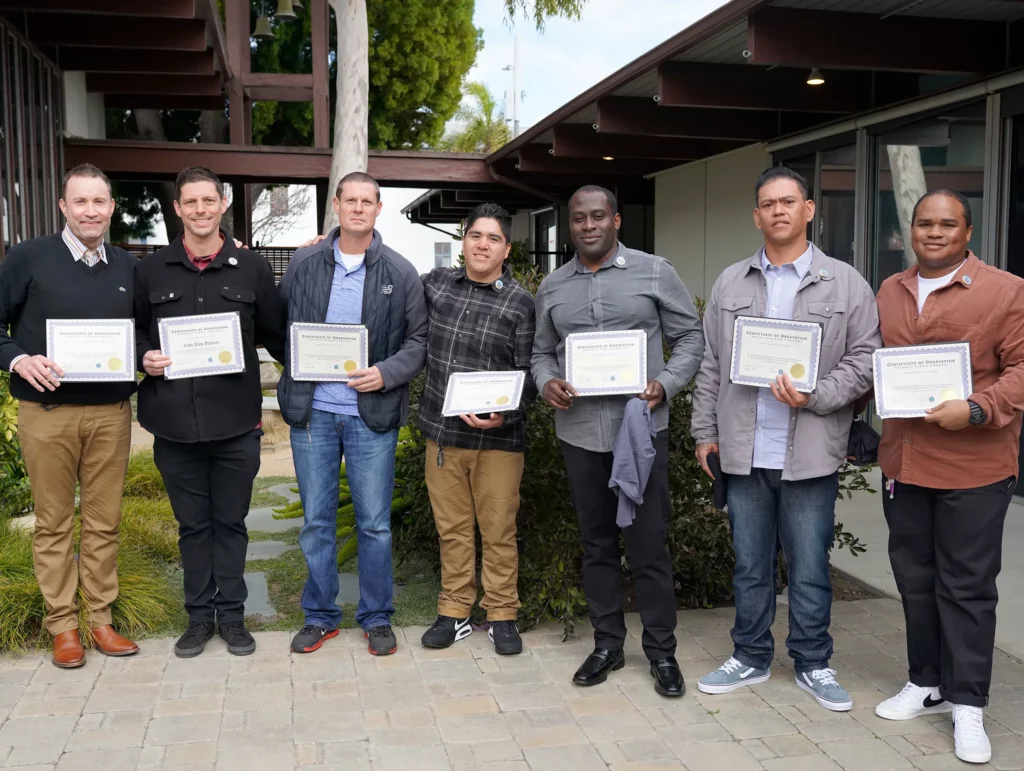
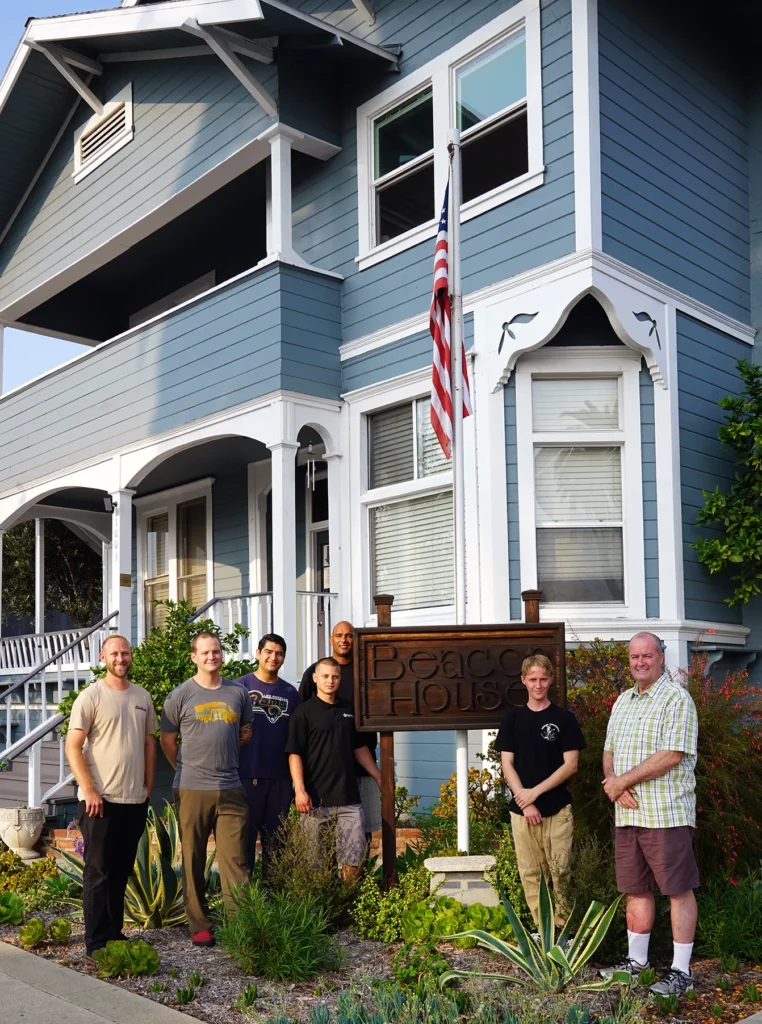
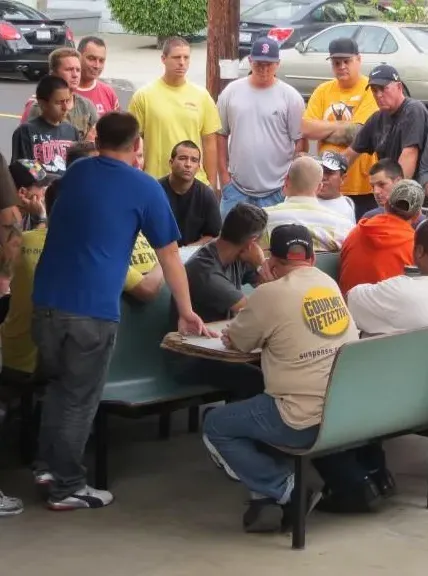
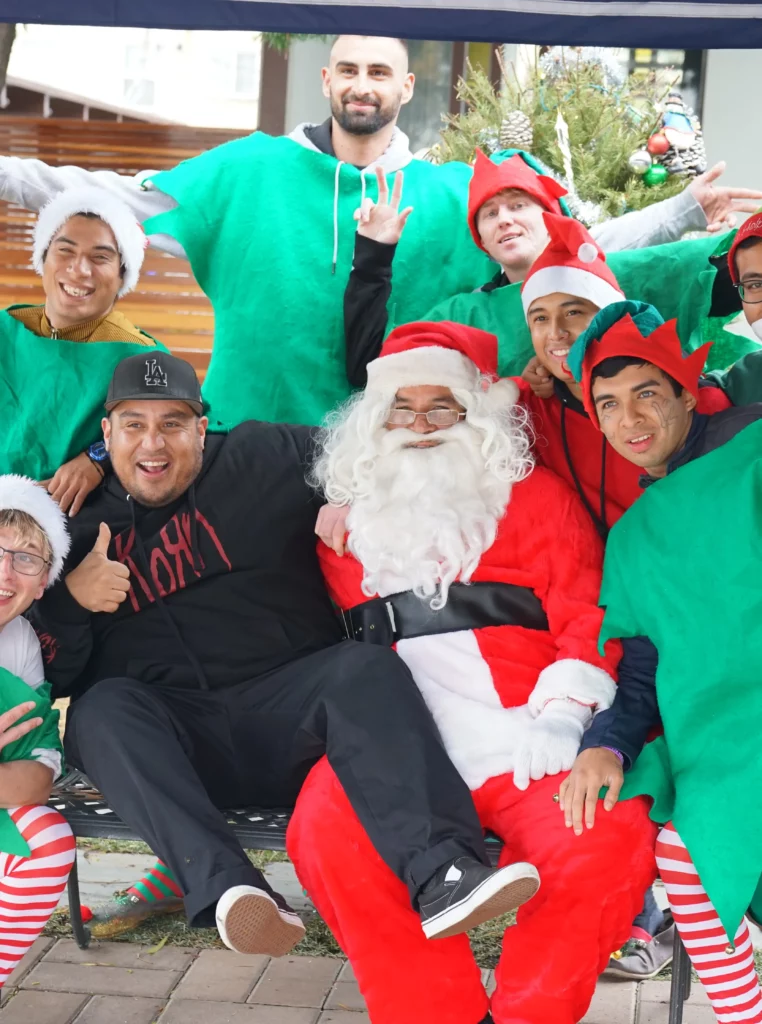
Join The Beacon House Family!
Stay in the know and never miss out on exciting updates, our newsletter, and exclusive content – simply enter your email and sign up today!
Long Term Treatment for Alcoholism and Addiction
At Beacon House, we recognize that recovery is a journey that cannot be “completed” within arbitrary timelines and should not be dictated by insurance authorizations. We offer long-term treatment because every man deserves to take the time he needs to build the life he wants. We provide group counseling, individual counseling, career development, peer support, food, and shelter. But we also provide a holistic recovery community experience—one whose every detail is engineered to facilitate positive change.
Our approach is heavily steeped in the 12-step program curriculum and emphasizes character-building, responsibility, and spirituality. The results we see are often miraculous. Men who have been hopelessly addicted to drugs their entire lives are achieving lifelong sobriety. Men who previously lived in tents and cars are buying homes. Men who were previously unemployable are receiving certifications, degrees, and promotions. If you’re looking for a positive change, our long-term treatment program may be exactly what you’re looking for.
Help Us
Make a Difference
No matter who you are or your means to give, if you support sobriety and want to help the men of Beacon House accomplish remarkable change, there is a way that you can make a difference.
Donate, attend one of our fundraising events and interact with our men, or simply spread the word on social media! Be our advocate—help raise awareness that there is a place called Beacon House where men can discover freedom from addiction!
0
+
Years of History
0
+
# of Beds
0
+
Clients Served
0
Persons served
in FY 21-22
0
Graduates
in FY 21-22
$
0
M+
Total Revenue
in FY 21-22
At a glance
Our Achievements
It can be difficult to quantify the work we do. What number could ever fully illustrate the kinds of miraculous transformations we see at Beacon House? Here are a few numbers that we’re proud of—numbers that community members like you have helped us reach.
Spotlight
Watch Caleb's Story
Many of our men never had a chance. Their stories are littered with drugs & alcohol, abuse, crime, & chaos right from the start. Caleb’s is no exception. Hear him share his heartbreaking story and the second chance at hope and happiness that he found at Beacon House.
Play Video